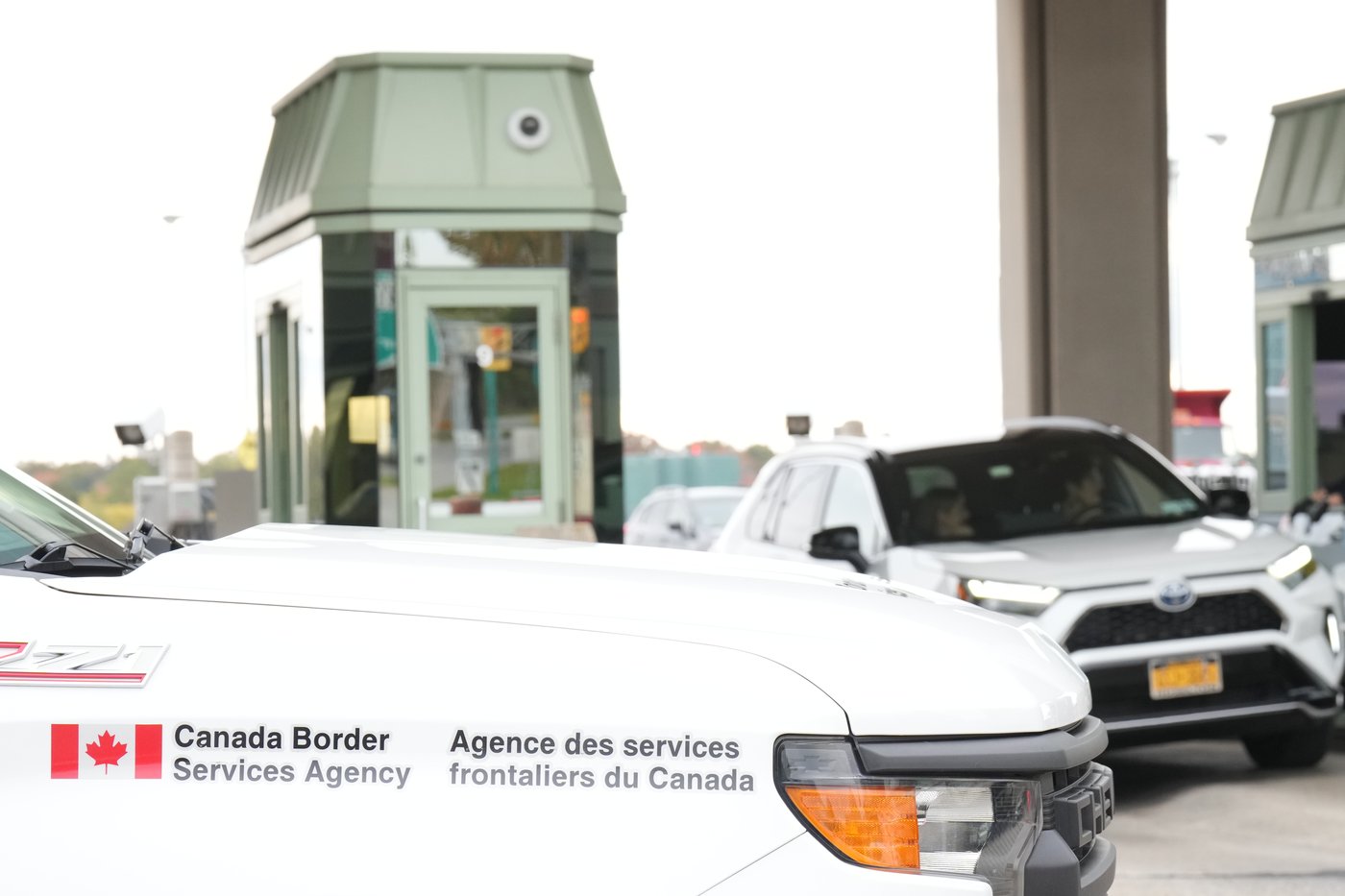OTTAWA — The federal government’s border security bill is an open door to violating the rights of migrants and should be dropped, advocacy groups said on Monday on Parliament Hill.
Representatives of the Migrant Rights Network, the Canadian Council for Refugees and other groups held a press conference on Parliament Hill Monday after failing to get on the witness lists for Commons committees studying Bill C-12.
“Bill C-12 proposes changes to nine pieces of legislation, is 70 pages long, and yet has only been given three weeks of study,” said Karen Cocq, spokesperson for the Migrant Rights Network.
“During that time, no migrants who would be impacted by C-12, who could have their permits cancelled or their refugee protection denied, have spoken to the committee.”
The measures in Bill C-12 were part of the government’s original border security bill C-2, which was introduced in June.
In October, the government reintroduced some parts of the original law in separate legislation in the hopes of passing them into law faster than C-2, which includes more controversial proposals to give security and intelligence services new powers and allow Canada Post to open letter mail.
C-12 includes a host of immigration and asylum measures, including one that would bar individuals from filing refugee applications with the Immigration and Refugee Board of Canada if they’ve been in Canada for more than a year.
Gauri Sreenivasan, co-executive director at the Canadian Council for Refugees, said that restriction could limit individuals’ ability to claim asylum based on changing conditions in their home countries.
“We’ve just seen in a country like the U.S. overnight, someone who is trans can be declared to not exist anymore. So the thousands of people that can be affected are very concerning,” she said.
Sreenivasan said people fleeing domestic violence may also struggle with the proposed one-year rule, as it can be hard to assemble evidence, find a lawyer and make a claim within that time frame.
The government has defended this measure, saying people ineligible for regular refugee hearings are still eligible for pre-removal risk assessments. Immigration department officials have told the House of Commons immigration committee that these hearings ask similar questions and go over the same evidence as hearings before the Immigration and Refugee Board.
C-12 also would give the government the power to stop accepting new immigration applications or cancel existing applications when it decides it’s in the “public interest.”
Immigration Minister Lena Diab and department officials have said “public interest” is kept intentionally vague in the legislation to give the government leeway to approach a range of future situations, such as pandemics or espionage threats.
The bill is being reviewed by House of Commons immigration and national security committees and goes up for clause-by-clause consideration at Tuesday’s national security committee hearing.
Conservative immigration critic Michelle Rempel Garner said last week she plans to introduce several amendments to the bill, including one that would block refugee applications from people who came to Canada from a European or G7 nation.
Cocq said that the amendments proposed by Rempel Garner amount to a throwback to a law passed under the Stephen Harper government in 2012 denying refugees from “safe countries” the right of appeal. That law was deemed unconstitutional by the Federal Court in 2015.
“This whole notion that entire groups of people can have a blanket ban from the system, it challenges the basic notions of fairness,” Cocq said in reference to both the proposed amendments and the broader Liberal bill.
“So we challenge this notion that … blanket banning and punishing entire groups of people based on who they are is a solution that anybody in this country wants.”
This report by The Canadian Press was first published Nov. 24, 2025.
David Baxter, The Canadian Press











